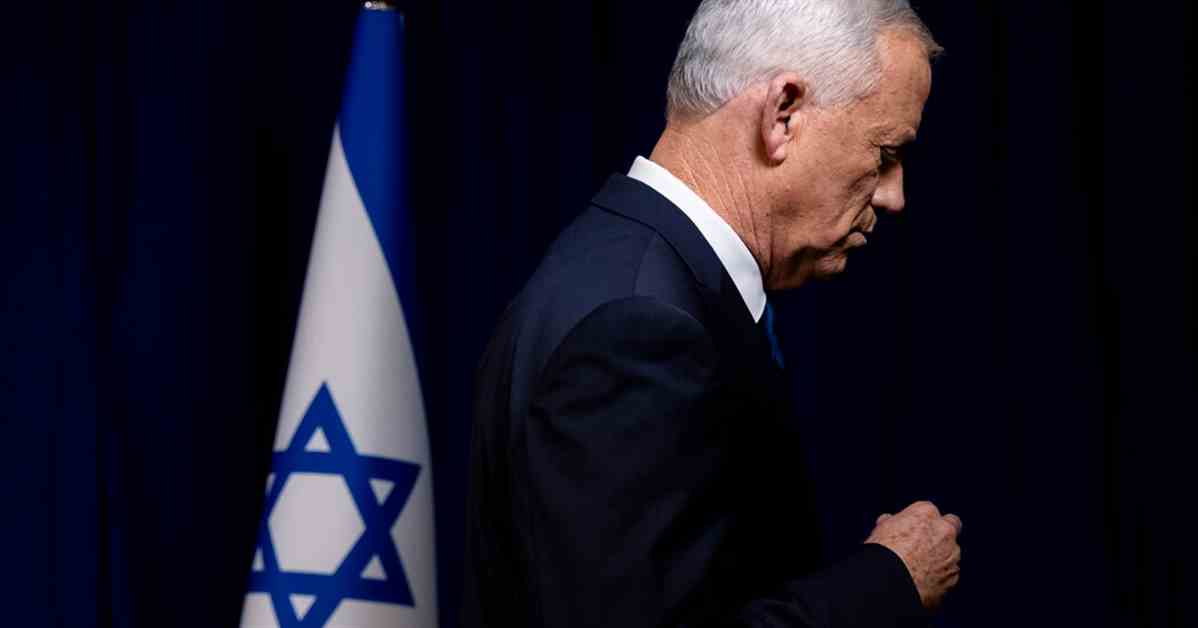Benny Gantz Quits Israel’s Emergency Government in Dispute Over Gaza
In a significant development, Benny Gantz, a key figure in Israel’s war cabinet, has decided to resign from the government due to disagreements with Prime Minister Benjamin Netanyahu regarding the handling of the conflict in Gaza. This move has highlighted the internal divisions within the Israeli leadership and has raised questions about the future of the war and its aftermath.
Mr. Gantz, a centrist politician, had previously expressed concerns about the lack of clarity regarding how the war would conclude and what would follow. His resignation statement emphasized the need for real victory, which he believes is being hindered by Mr. Netanyahu’s leadership.
Despite Mr. Gantz’s departure, the prime minister’s government still holds a narrow majority in Parliament. The frustration over the failure to achieve decisive results against Hamas and the increasing civilian casualties in Gaza has added pressure on the government.
Mr. Gantz’s vision of real victory includes prioritizing the return of hostages, a combination of military success with diplomatic efforts, and the establishment of a new governing body in Gaza. His differences with Mr. Netanyahu over the future governance of the region have been a major point of contention.
The departure of Mr. Gantz from the war cabinet limits his influence over the conflict but allows him to position himself as a principled leader ahead of potential future elections. This move has been seen as both risky and overdue by critics.
The rescue of four hostages in Gaza by the Israeli military has brought a moment of relief to the nation, but it has also raised questions about the fate of the remaining captives and the prospects for a cease-fire deal. The families of the hostages continue to advocate for the safe return of all captives and the acceptance of a proposed cease-fire agreement.
In conclusion, Benny Gantz’s resignation marks a significant shift in Israel’s political landscape and underscores the challenges faced in resolving the conflict in Gaza. The internal divisions and external pressures on the government highlight the complexities of the situation and the urgent need for diplomatic solutions to bring about lasting peace in the region.


